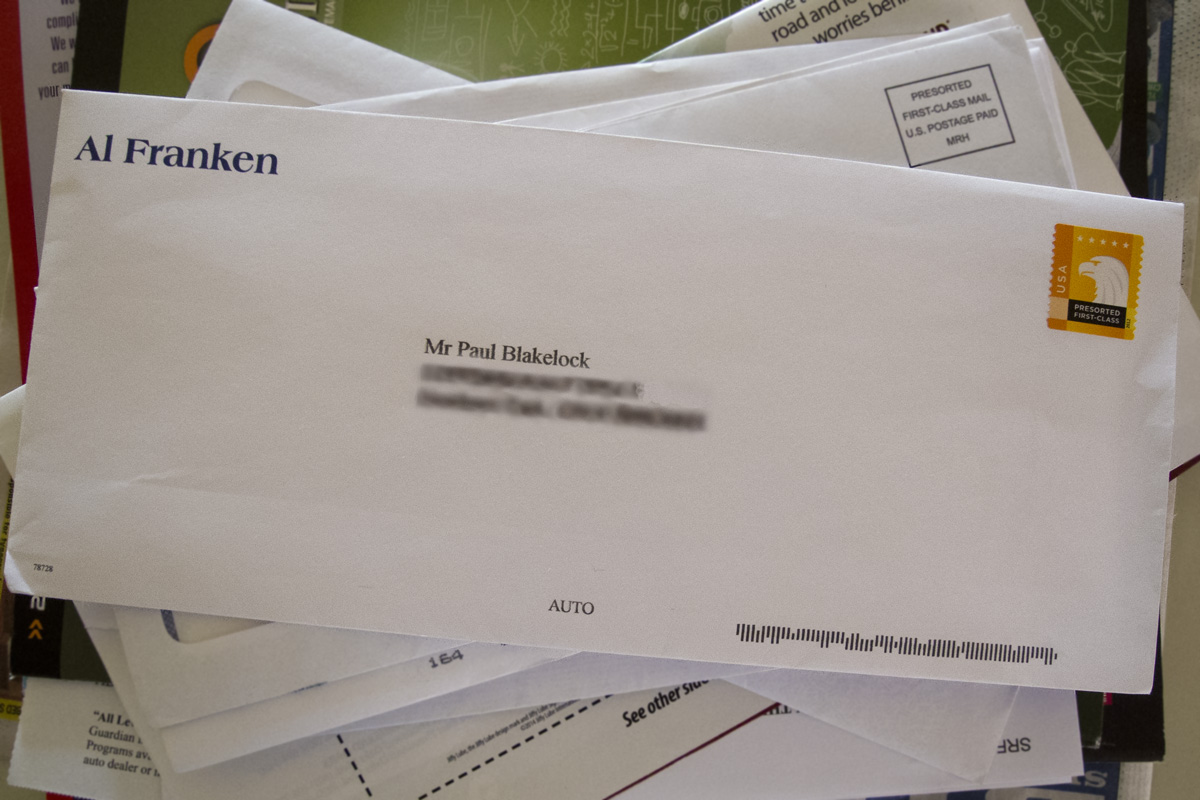I know it sounds boring, but if you’re on the net (and I know you are because you’re reading this) you need to care. Many times I’ve written about net neutrality, posted about it on Facebook, replied with links, etc. For a while it seems to be solved, or at least the issues have reached some sort of a compromise.
Then it comes up again, and I find myself looking for that link to the good article that I sent a few day, weeks or years ago. Is it in the links that I saved in a file on my computer (so I could find them easier)? Is it in an email? In OneTab? In a post, a Saved Article, a Reply or any of the other places that Facebook makes things difficult to find?
It’s time to put some of my favorites where everyone can find them, because I’m tired of looking for them (yet again). There is a lot of variety, so pick whatever suits your style of learning. Continue reading “Net neutrality, again, still”






